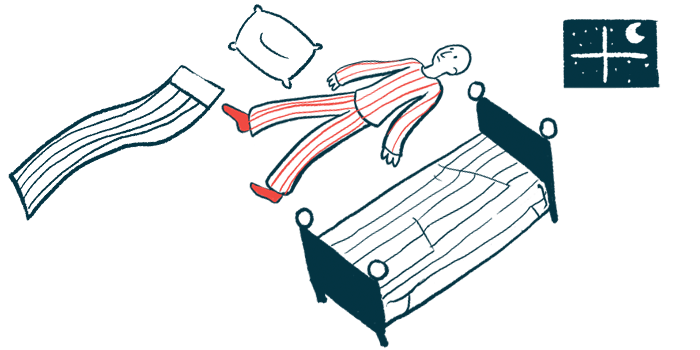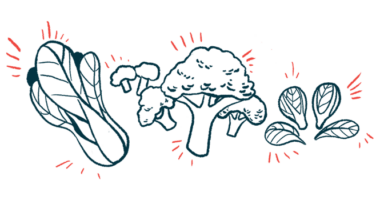Plant of Indian Medicine Seen to Ease Insomnia, Restless Leg Syndrome

Adding a plant-derived agent called Withania somnifera, used in traditional Ayurvedic medicine and thought to help with disturbed sleep, to the insomnia medicines given a woman with Parkinson’s disease appears to have eased her insomnia and completely alleviated her restless leg syndrome, researchers in India report.
The case report, “Withania somnifera as an Adjunctive Treatment for Refractory Restless Legs Syndrome in Parkinson’s Disease: A Case Report,” was published in Cureus.
Restless leg syndrome, or RLS, refers to an uncontrollable urge to move the legs, especially while sitting or lying down, typically because of uncomfortable sensations in those limbs. RLS is common among Parkinson’s patients, and often contributes to sleep problems.
A team of researchers described the case of a 72-year-old woman who had been diagnosed with Parkinson’s six years earlier. She experienced typical disease motor symptoms, including tremor, rigidity, and difficulty walking.
The patient also reported difficulty sleeping: she tended to have trouble falling asleep, would wake several times throughout the night and wake up early in the morning, leading to daytime tiredness. She also had restless leg syndrome, reporting cramps, tingling, and a feeling of unease in both legs while sitting during late evenings.
In addition to levodopa-carbidopa to treat Parkinson’s, the woman was receiving talk therapy and medications for insomnia (specifically, zopiclone and clonazepam). She also was on an anti-seizure medication called pregabalin for her RLS. Despite these treatments, her insomnia persisted and she reported experiencing RLS about three times per week.
In an effort to alleviate the patient’s insomnia, doctors prescribed Withania somnifera in the form of a root powder linctus (syrup), given at a dose of 200 mg twice daily after meals.
Withania somnifera — also referred to as Ashawagandha, Indian ginseng, poison gooseberry, or winter cherry — is a plant that has a long history of use in Ayurvedic medicine, a form of traditional medicine that originates in India. Modern research has indicated that this traditional medication may have a sleep-inducing potential.
After two months of treatment with Withania somnifera, the woman’s RLS symptoms had completely stopped. Her insomnia also eased, with the patient sleeping about five to six hours each night, with only one waking episode per night, and her reported daytime sleepiness declined substantially.
Tremors and rigidity also improved slightly following the addition of Withania somnifera to the patient’s treatment plan.
“We reported the case of an elderly female with PD [Parkinson’s disease] who developed insomnia and refractory [treatment-resistant] RLS besides the motor symptoms. There was a significant improvement in her insomnia, complete cessation of RLS symptoms, and a slight reduction in the motor symptoms after Withania somnifera was added to the existing therapy,” the researchers concluded.
The team noted that this report is “the first evidence where addition of Withania somnifera possibly resulted in complete remission of refractory RLS in a case of PD.”
They called for further study into whether and how this traditional plant may be useful for easing symptoms of Parkinson’s.







